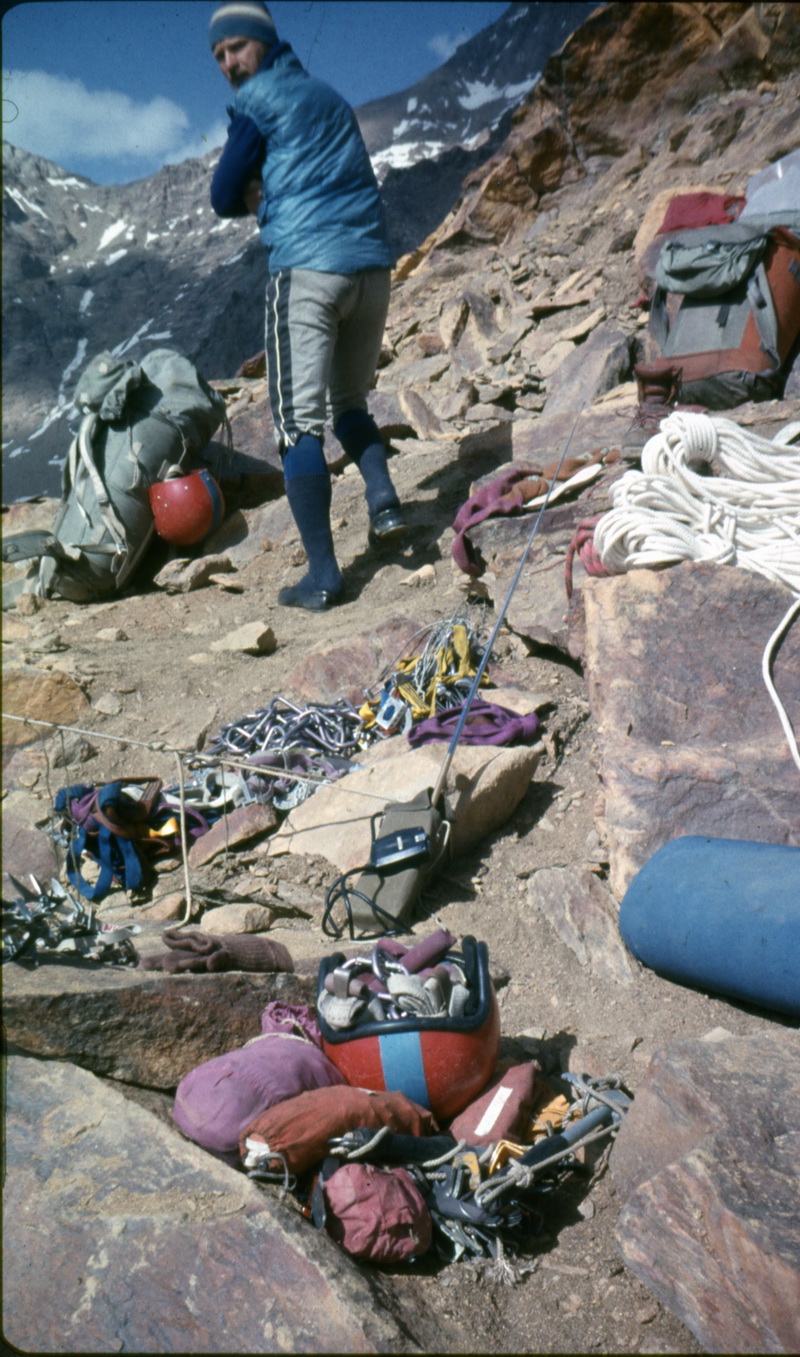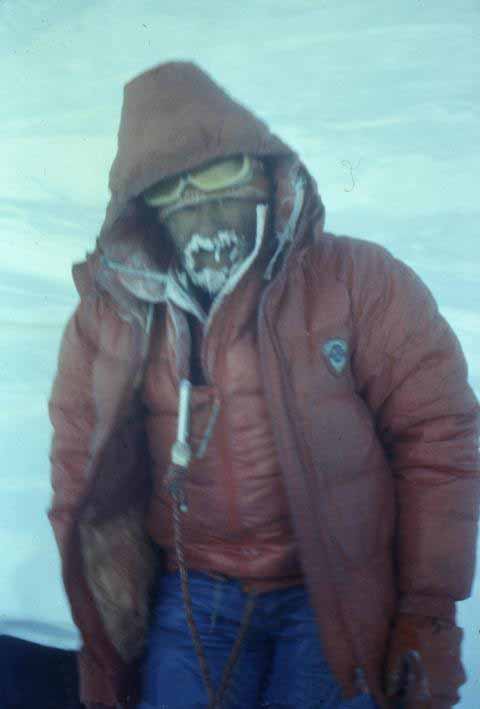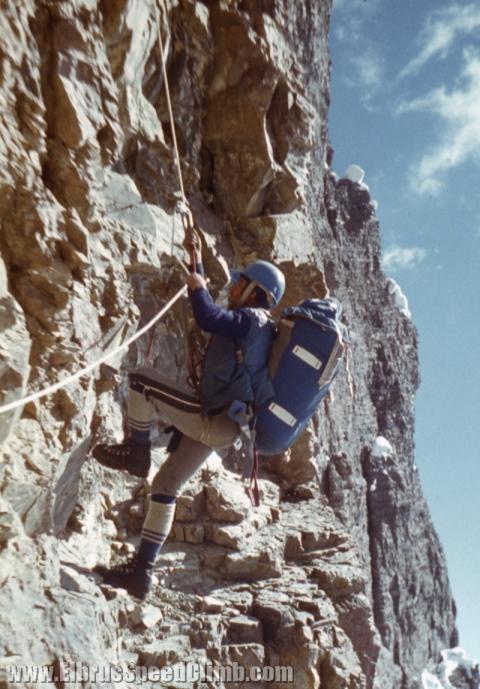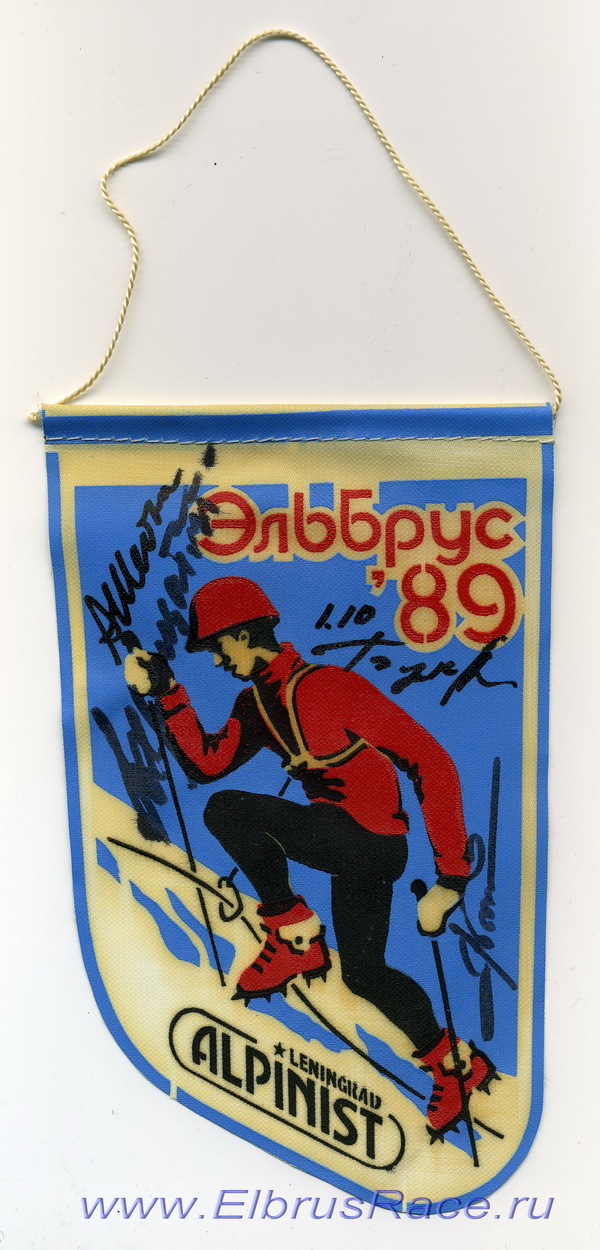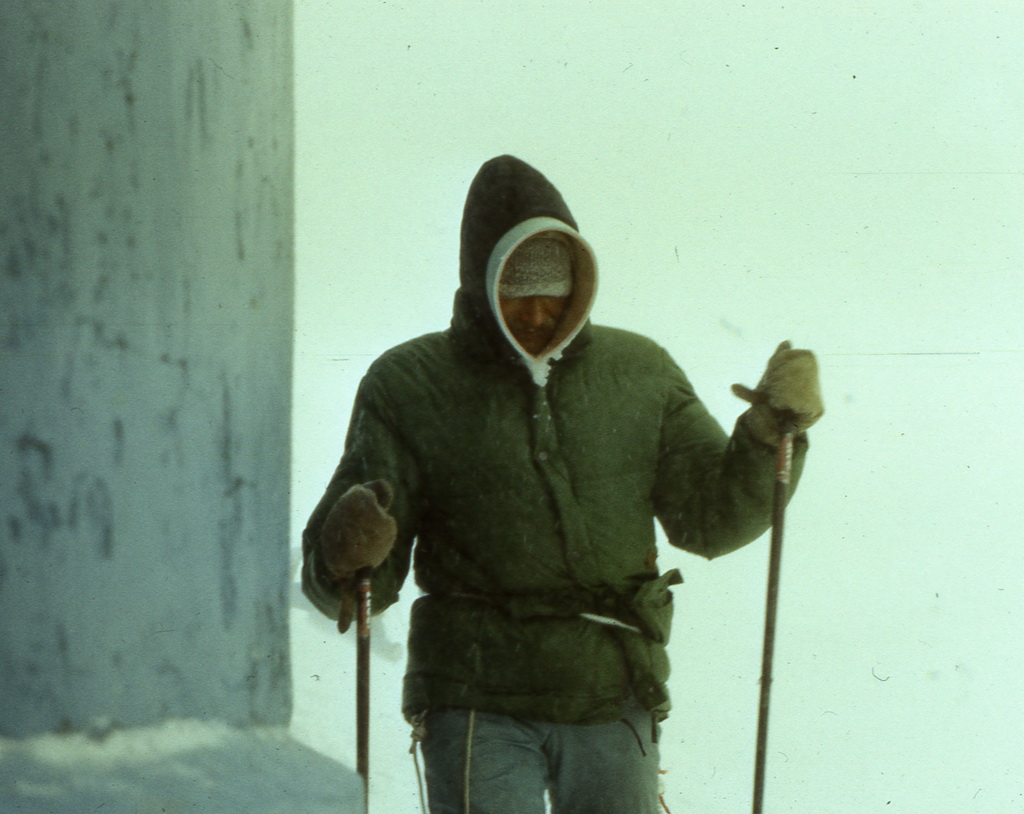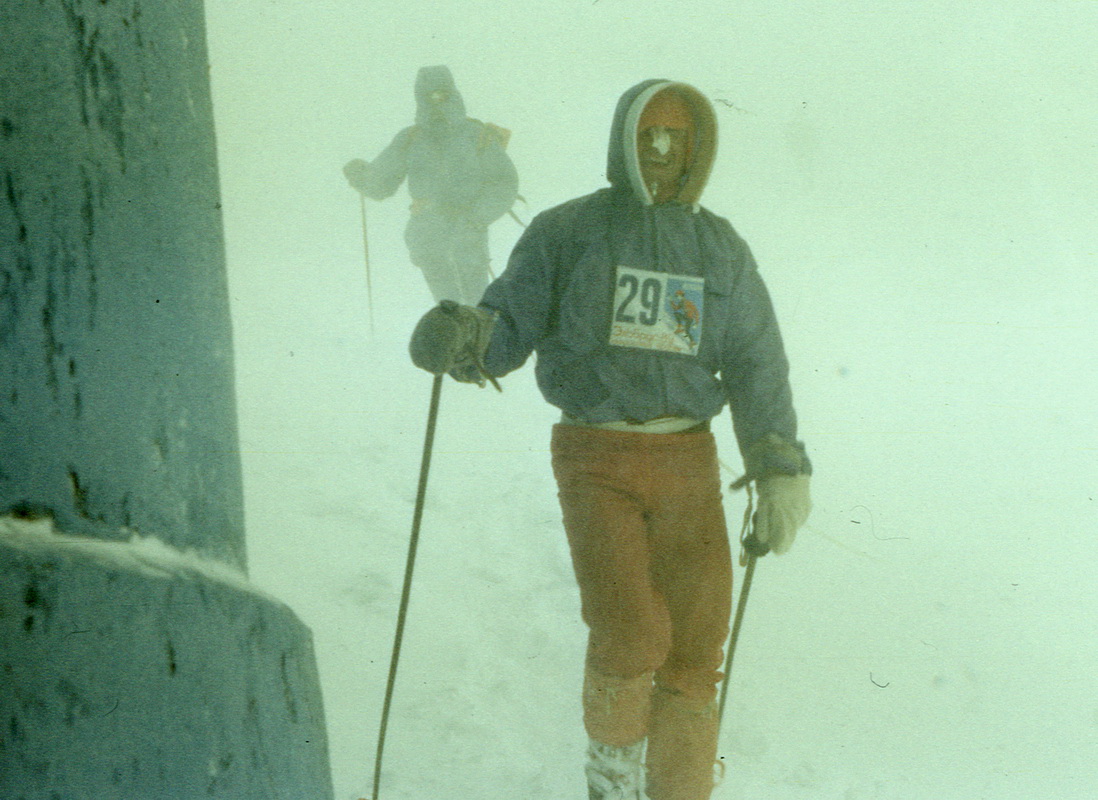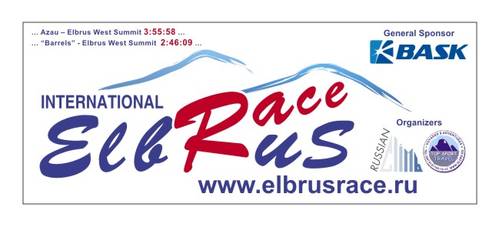

"Balyberdin" Elbrus Races (1989-90). The story how the idea of mountain speed ascent contest had occurred in USSR.
Today we find that 20 years have passed from the date of the first Balyberdin's Elbrus Race...
Probably, this idea became a consequence of numerous conversations between climbers how quickly they'd climbed this or that route, or maybe in background lays the legendary story, widely told during Kangchenjunga expedition selection test in February 1987, about "Kyrgyz" (Alexander Shejnov) running from Priyut 11 to Elbrus eastern peak in 2hrs 12 min (by the way, this story is absolute truth!!!) One more push for the realization of the idea was in 1986, when Leningrad climbers visited Italian Alps during climbers exchange program (it were years of Iron Curtain). The goal was to have a look at Alps, have some climbing there (and specifically - climb Bonatti route on Grand Capucin), and - the most important - what is that "western" way of mountaineering??? Then Vladimir Shopin recollects now that in one little shop in Aoste they saw the souvenir plate with emblems of a local mountain marathon, and Balyberdin was very curious about such competitions being quite popular in Europe.
On a photo: V.Balyberdin and N.Shustrov in Italy, 1986 Certainly, this story is "another brick in the wall" of Elbrus Race origins Watching the dramatic scene our team continued the descent simultaneously, ropes packed - it wasn't steep there, a lot of sharp rocks - it was impossible to fall! It was clear that those climbers are to spend many days on the route before they reach the peak and then descends down to BC: Alex Shustrov started calculating what overall time is needed to climb at usual speed from one camp to the following, and this simple calculation's result was that net time necessary to reach the peak is not really big! The planned climb for the USSR Championship was cancelled because Nick Shustrov felt ill (that's another story...). This resulted to our team being refused the right for climbing planned new route to - according to the existed Championship regulations the team lost required rating level. But the team was not upset, and oppositely - much delighted (again - separate story). This was how the project of climbing Khan Tengri in one day was born. The idea was simply blowing the mind - that was the chance to make an attempt right away. "Young" climbers came to "guru" Vladimir Balyberdin and his immediate answer was "yes!" Then there was when everyone was welcome to freely consider all assumptions and then listen to Vladimir's resume: climb in extremely light style, even without down jackets (only down vests, and no other warm clothes). Start from camp at the bottom of Semenovsky glacier at 4:00 a.m. According the calculations planned time of reaching the peak - 2 p.m., (height difference - more than 3000 m). If somebody won't keep the pace - he had to sit and wait - others will pick him on the way down. News are spreading quickly on South Inylchek glacier- our neighbours, the climbers from Military Sport Club of Central Asia (now - CSCA of Kazakhstan, Almaty - ed. note), known in USSSR as strongest and most experienced high-altitude climbers, were already involved altogether in discussion of this crazy idea. Boris Studenin was categorical: - "Bal (Balyberdin - ed. note) can, of course, and will run, but the others will peg out on a half-way. I'll take a binocular and tomorrow all the day will watch you". Next morning Vladimir Balyberdin, Alexey Shustrov, Boris Mednik, Dmitry Botov, Michael Mozhaev, Sergey Arsentyev started this risky adventure - nobody, never, didn't climb Khan in such a style!!! (Correct me if I am mistaken) The weather was excellent - and Boris Studenin observed in binocular a refutation of his pessimistic forecast. When the team descended to the col, numerous climbers there applauded to heroes and prepared the tea for them. It was a triumph for all: not only for the climb participants but for simple witnesses too. Boris Mednik says that just after the team left the col and went downwards Bal has looked back at the route climbed and told: "Next time we'll run here already with a stop watch".
On a photo: first - in snow cavern on Peak Pobeda winter climb (1990) and second - on the Cold Wall (1985) Apart of purely sporting interest to organize speed ascent race there was one more thing, absolutely from other hemisphere. The mountaineering is a strange kind of sports (or life style). You can climb in a team, but then you are too much concentrating on team work, you start loosing your own way of evolution, your identity. You listen about other climbers' success, you meet them casually on championships, where they are your competitors, you meet them during selection tests where you fight for your place in team against other fellow climbers (Author describes the situation in Soviet period - ed. note). And everybody dreams of simply talking about the mountains with the person who understands you well, because he is the climber and sportsman just like yourself. And mountain races are giving this chance of socializing - we get together not to prove to someone else how strong you are, but together with close souls just to feel what a nice guys we are how cool is life. Races became an events, where young climber can chat without ceremony to guru climber and compare himself to masters - "I can do it too, yes I can!" In 1989 many of strong and skilled climbers met on Elbrus, but in the focus of everyone's attention were four of them (including those just returned back from Kanchenjunga expedition in spring 1989) - "Bal" (Vladimir Balyberdin), "Buka" (Anatoly Boukreev), "Slim" (Valery Khrishaty), "Kyrgyz" (Alexander Shejnov). Alla Usova, the chief doctor of the competition remembers what a surprising atmosphere was around them: "It was so wonderful there - you might see those guys sharing the same love for mountains! They lived in one universe, spoke one language and, in general, their destinies happened to be pretty the same:"
The list (incomplete) of the participants and organizers of Elbrus Race 1989: Please, respond and contact us all who knows and remembers something about Elbrus Races 1989-90 (photos and any other materials)
Nickolay Zuev after Elbrus Race near Priut 11. Nickolay Shustrov (the head of Top Sport Travel) tried to recollect this story. Aldas Baltutis helped to translate into English
V INTERNATIONAL ELBRUS RACE 7-9 September 2009 General sponsor |
